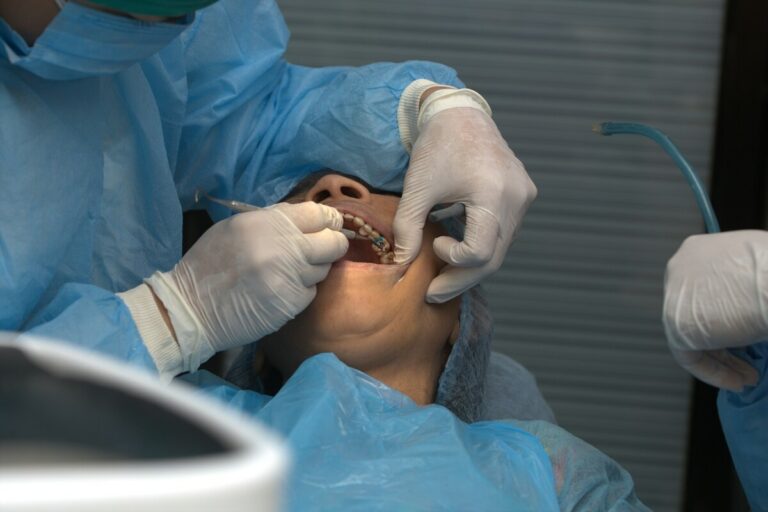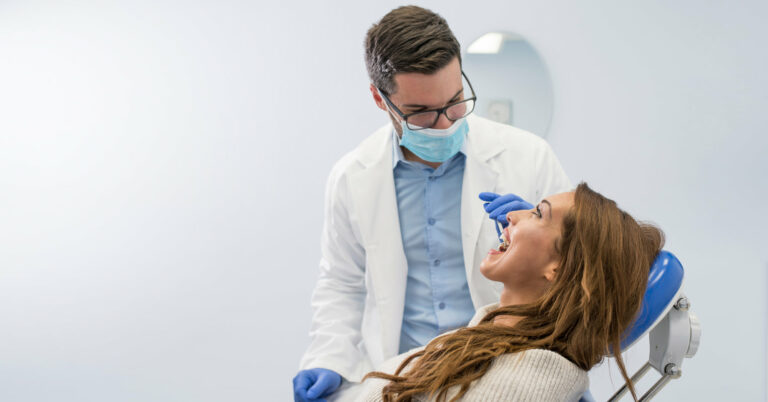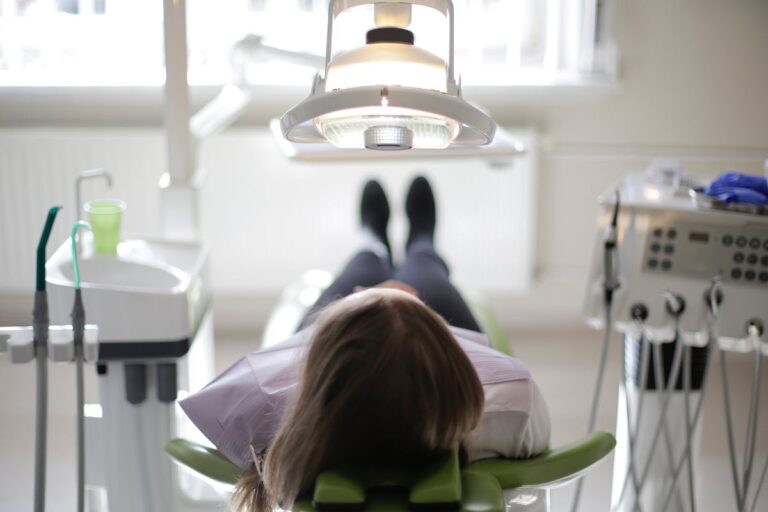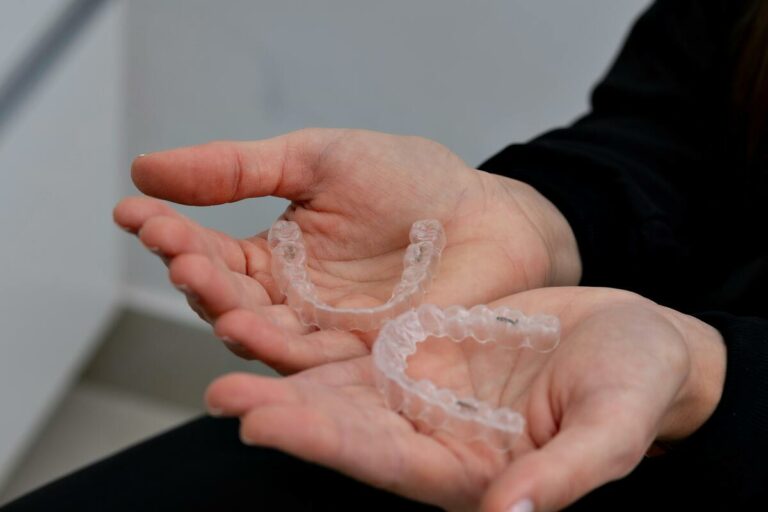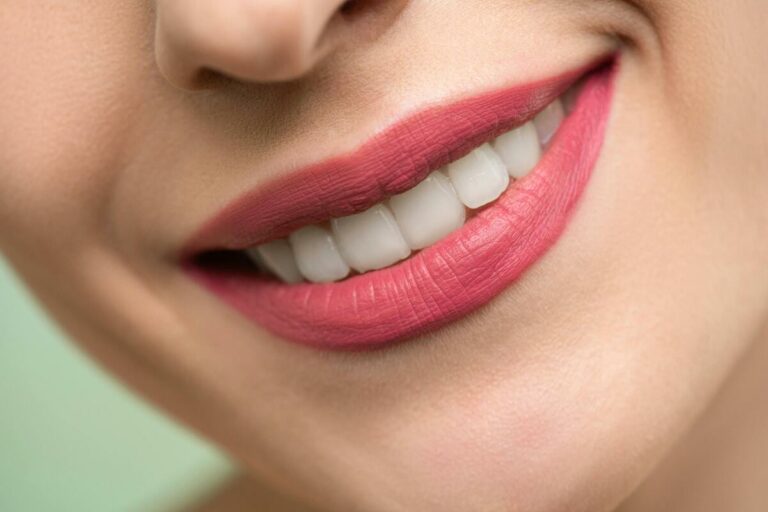Seasonal Dental Care Tips: Protect Your Smile Year-Round in Newark
Your dental care routine shouldn’t stay the same throughout the year. Just like you adjust your wardrobe for different seasons, your oral health needs change with Newark’s shifting weather patterns. From winter’s bone-chilling temperatures to summer’s humid heat waves, each season brings unique challenges that can affect your teeth and gums in surprising ways.
Understanding how seasonal changes impact your oral health helps you stay ahead of problems before they start. Whether you’re dealing with cold-induced tooth sensitivity during Newark’s harsh winters or managing dry mouth from spring allergies, adapting your dental care routine throughout the year keeps your smile healthy and bright.
Why Your Dental Care Routine Should Change With the Seasons
Newark’s dramatic seasonal shifts create different oral health challenges throughout the year. The connection between weather and your mouth might surprise you – temperature changes, humidity levels, and seasonal behaviors all directly impact your teeth and gums.
When outdoor temperatures plummet during Newark winters, your teeth experience thermal shock as you move between cold air and heated indoor spaces. This constant expansion and contraction can worsen existing sensitivity and even create microscopic cracks in your enamel. Meanwhile, indoor heating systems strip moisture from the air, reducing your saliva production just when you need it most to fight cavity-causing bacteria.
Summer brings its own set of challenges. Newark’s humid weather creates an ideal breeding ground for oral bacteria, while increased outdoor activities and vacation schedules often disrupt regular brushing and flossing routines. Add in sugary summer treats and frequent dehydration from hot weather, and your mouth faces a perfect storm of potential problems.
Spring allergies affect 25.7% of adults nationwide, creating dry mouth through nasal congestion and antihistamine use. Fall’s return to school and work schedules, combined with holiday treats, presents timing challenges for maintaining consistent oral care routines.
Winter Dental Care: Combat Cold Weather Challenges
Newark’s winters hit hard, with temperatures dropping as low as 24°F and average highs barely reaching 49°F during the coldest months. This extreme cold, combined with 32 inches of annual snowfall, creates specific dental challenges that require proactive management.
Managing Cold Air Tooth Sensitivity
Cold air tooth sensitivity affects many Newark residents during winter months. When you step outside into freezing temperatures, the sudden thermal shock causes your teeth to contract slightly. If you have exposed dentin from worn enamel or receding gums, this contraction triggers sharp pain that can reach 8/10 intensity within minutes of returning to warm indoor spaces.
To protect your teeth from Newark’s harsh winter air, breathe through your nose when possible or cover your mouth with a scarf during outdoor activities. Switch to a toothpaste designed for sensitive teeth at least two weeks before winter arrives – these formulations contain ingredients that block pain signals from reaching your nerves.
Consider using a soft-bristled toothbrush and gentle brushing technique during winter months. Cold weather makes your gums more sensitive, and aggressive brushing can worsen recession that leads to increased sensitivity.
Preventing Winter Dry Mouth
Newark’s winter humidity drops significantly, and indoor heating systems make the problem worse by stripping even more moisture from the air. This combination reduces your natural saliva production, leaving your mouth vulnerable to bacterial growth and increased cavity risk.
Combat winter dry mouth by staying consistently hydrated throughout the day. Keep a water bottle at your desk and sip regularly rather than waiting until you feel thirsty. Use a humidifier in your bedroom to add moisture back to the air while you sleep.
Sugar-free gum or lozenges containing xylitol help stimulate saliva production naturally. At Advanced Dentistry of Scarsdale, we recommend chewing xylitol gum for 5-10 minutes after meals to boost saliva flow and neutralize harmful acids.
Spring Dental Health: Handle Allergies and Seasonal Changes
Spring’s arrival brings relief from winter’s harsh conditions, but Newark residents face new oral health challenges as trees and grasses begin releasing pollen. The combination of nasal congestion and allergy medications creates a double threat to your oral health.
Dealing With Allergy-Related Dry Mouth
Spring allergies force many people to breathe through their mouths when nasal passages become congested. This mouth breathing directly reduces saliva production and exposes your teeth and gums to more bacteria throughout the day and night.
Antihistamines and decongestants provide allergy relief but significantly reduce saliva production as a side effect. This creates a compounding dry mouth problem that peaks during allergy season.
Rinse your mouth with water frequently during allergy season to help wash away allergens and bacteria. Use an alcohol-free mouthwash designed for dry mouth, as alcohol-based products can worsen the condition. Consider using a nasal saline rinse to reduce congestion and minimize mouth breathing.
If you take allergy medications regularly, schedule your dental cleanings during spring to remove plaque buildup that accumulates more quickly in dry mouth conditions.
Spring Cleaning for Your Smile
Spring offers the perfect opportunity to refresh your oral health routine. Replace your toothbrush after winter cold and flu season to avoid reinfecting yourself with lingering bacteria. If you’ve been putting off dental work, spring’s milder weather makes it easier to schedule appointments before summer vacation season begins.
Review your oral care products and upgrade any items that aren’t working effectively. Spring is also an ideal time to start a teeth whitening routine if you’re planning summer events or vacations where you’ll want your brightest smile.
Summer Oral Health: Stay Hydrated and Protected
Newark’s summer heat and humidity create unique oral health challenges. Temperature extremes can worsen tooth sensitivity, while increased outdoor activities and travel often disrupt regular dental care routines.
Hot weather leads to increased sweating and dehydration, which reduces saliva production. When combined with frequent consumption of ice-cold drinks and frozen treats, your mouth experiences constant temperature fluctuations that stress your teeth and trigger sensitivity.
Vacation and Travel Dental Care
Summer travel disrupts even the most consistent oral care routines. When packing dental supplies, ensure your toothbrush can air dry properly rather than storing it wet in a closed container where bacteria multiply rapidly.
Pack travel-sized fluoride toothpaste and consider bringing backup supplies in case of delays or lost luggage. If you’re traveling internationally, research local water quality and consider using bottled water for brushing if tap water safety is questionable.
Maintain your regular brushing and flossing schedule despite changing time zones and busy itineraries. Set phone reminders if necessary, and pack portable floss picks for easy use when traditional floss isn’t convenient.
Summer Sports Dental Safety in Newark
Newark’s proximity to professional sports, including the Devils hockey team, means many residents participate in contact sports during summer months. Hockey presents particularly high dental injury risks, with pucks traveling over 100 mph. Every NHL team, including the Devils, maintains full-time dentists because dental injuries are exceptionally common.
Invest in a properly fitted mouth guard for any contact sports. Custom guards from your dentist provide the best protection, but over-the-counter options offer reasonable protection for recreational activities.
Stay hydrated during outdoor sports to maintain saliva production and oral health. Sports drinks should be consumed during activity only, followed by water rinsing to remove sugars and acids that feed harmful bacteria.
Fall Dental Preparation: Handle Holiday Treats and Schedule Changes
Fall brings cooler weather relief but introduces new challenges as school and work schedules intensify. The season’s signature treats – from pumpkin spice lattes to Halloween candy – pose significant threats to your oral health.
Dark-colored fall beverages contain chromogens that stick to tooth enamel and cause staining over time. The seasonal increase in sugary treats provides fuel for harmful bacteria that produce enamel-eroding acids.
Protecting Teeth From Holiday Sweets
Strategic consumption timing makes a significant difference in how holiday treats affect your teeth. Eat sweets with meals rather than as standalone snacks – increased saliva production during meals helps neutralize acids and wash away sugars more effectively.
Choose chocolate over sticky or hard candies when possible. Chocolate dissolves quickly and clears your mouth faster than caramels or lollipops that bathe your teeth in sugar for extended periods.
Rinse with water after consuming sugary or acidic treats, but wait at least 30 minutes before brushing. Acidic foods temporarily soften your enamel, and immediate brushing can cause more harm than good.
Back-to-School Dental Checkup Planning
Fall offers ideal timing for dental checkups and any needed treatments. Scheduling appointments before holiday season begins ensures you’ll have optimal oral health during the most challenging eating season of the year.
Use fall’s schedule reset as motivation to establish better oral health habits. Pack dental supplies in backpacks or work bags to maintain consistency despite busier schedules.
How Newark’s Climate Affects Your Year-Round Oral Health
Newark’s humid subtropical climate creates specific oral health considerations that residents should understand. The city experiences significant temperature swings, from winter lows around 24°F to summer highs near 87°F, with humidity levels that fluctuate dramatically throughout the year.
Humidity Changes and Saliva Production
Newark’s average annual humidity of 61% drops to just 58% during February, while dew points plummet from 42°F annually to 21°F in winter months. These dramatic moisture changes directly affect your oral environment and saliva production.
Low humidity periods require extra attention to hydration and may necessitate using mouth moisturizing products or increasing water intake beyond normal recommendations.
Temperature Sensitivity in Newark Winters
Newark’s winter temperature patterns create particularly challenging conditions for people with sensitive teeth. Daily high temperatures decrease from 49°F to 45°F during the coldest months, with January averaging 40°F highs and 26°F lows.
The frequent temperature transitions – from heated cars to cold outdoor air to warm buildings – cause repeated thermal expansion and contraction that can worsen existing sensitivity and create new problems over time.
Professional Dental Care Throughout the Seasons
Timing your professional dental care strategically throughout the year maximizes both convenience and oral health benefits. Understanding how seasons affect both your mouth and your schedule helps you plan more effectively.
When to Schedule Your Seasonal Dental Checkups
Spring appointments work well for comprehensive exams and any needed restorative work before summer travel season. Fall checkups help identify and address problems before holiday eating season intensifies oral health challenges.
Consider scheduling teeth whitening treatments during late winter or early spring to achieve your brightest smile for summer events and vacations.
Emergency Dental Care During Newark Weather Events
Newark’s winter weather can create transportation challenges when dental emergencies arise. Prepare for potential weather-related access issues by maintaining an emergency dental kit at home and knowing your dentist’s after-hours contact information.
Stock emergency supplies including temporary filling material, dental wax for broken teeth, and pain medication as recommended by your dentist.
Creating Your Personal Seasonal Dental Care Plan
Developing a customized approach to seasonal oral health helps you stay ahead of problems and maintain optimal dental health year-round. Your plan should account for both Newark’s specific climate challenges and your personal oral health needs.
Essential Seasonal Dental Supply Kit
Maintain seasonal supplies to address common challenges throughout the year. Winter supplies should include sensitive teeth toothpaste, lip balm for cold weather protection, and mouth moisturizing products for dry air conditions.
Summer kits need travel-sized dental supplies, mouth guards for sports activities, and extra water bottles to combat dehydration-related dry mouth.
Tracking Your Seasonal Oral Health Changes
Monitor how your oral health responds to seasonal changes by noting patterns in sensitivity, dry mouth, or other symptoms. This information helps you anticipate problems and adjust your routine proactively.
Keep records of which seasons trigger sensitivity or other issues, and share this information with your dental team to develop targeted prevention strategies.
Protect Your Smile Through Every Season
Seasonal dental care isn’t just about reacting to problems – it’s about staying ahead of challenges before they affect your oral health. By understanding how Newark’s climate impacts your teeth and gums throughout the year, you can adapt your routine to maintain optimal oral health regardless of weather conditions.
